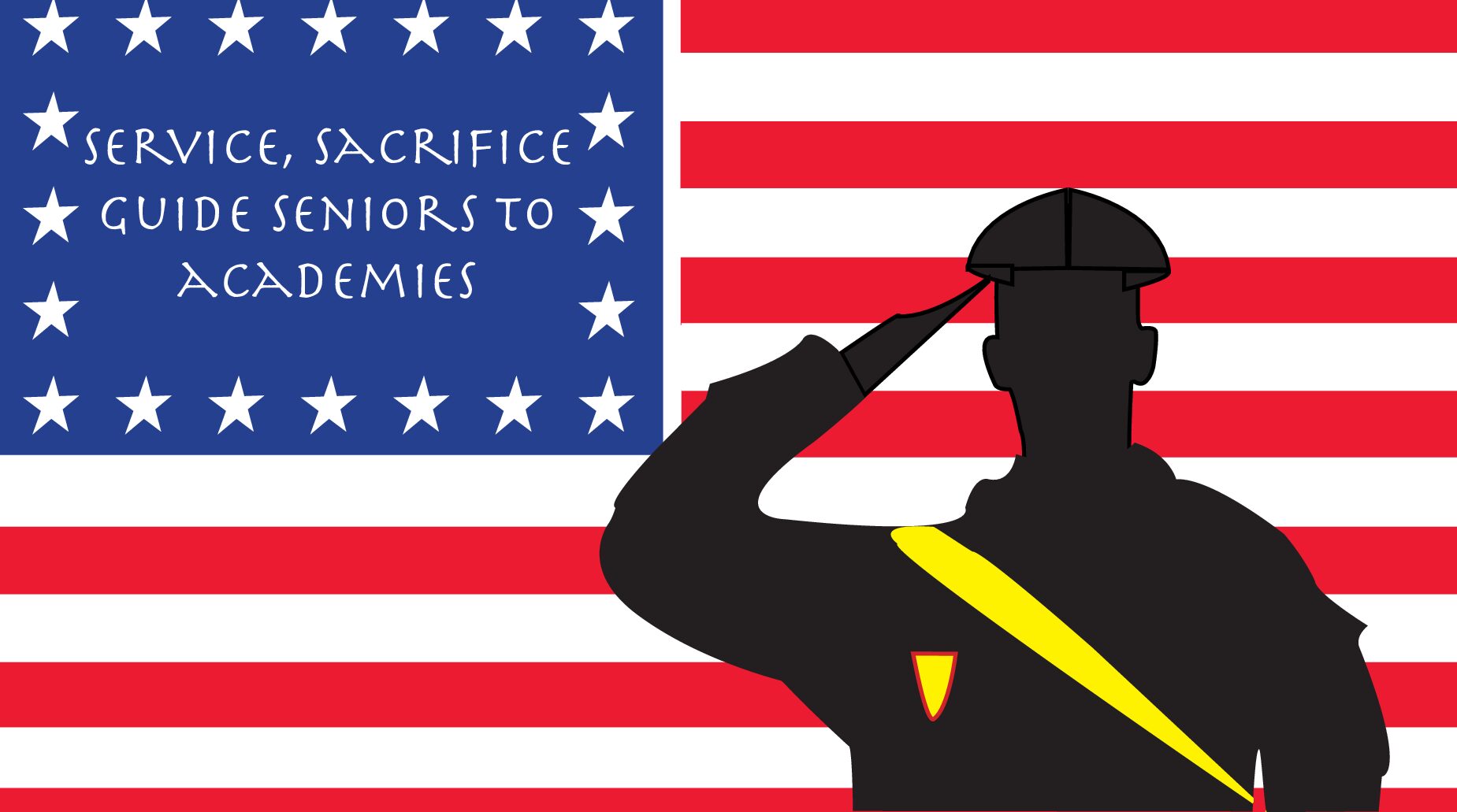
Lizzy Burke
Reporter
As we further integrate technology into more aspects of our everyday lives, there is no denying the effect the internet has on our lives. The internet contains millions of sites today, including everything from online shopping to fan pages to chat rooms. In the United States, Facebook is the number one social networking site. While Facebook is generally user friendly, its applications are often confused and interpreted differently.
As Facebook grows in popularity, common uses and understandings become lost between generations and various social groups. They all use Facebook, but construe the actions of Facebook differently. Even students here have shown multiple interpretations of common Facebook uses.
Freshman Preston Eppler said, “I care most about who I am friends with. I don’t accept every friend request I get. I only friend the people that I want to be friends with.”
Similarly, an NCHS Mother on Facebook, Susan Hoelzer, said, “I will only accept a friend request if it is from someone that I want to have contact with.” However, Ms. Hoelzer also said she refrains from accepting friend requests because, “accepting friend requests is the only thing I’ll do on Facebook. It becomes just another site I need to check and therefore, more work.”
When asked about the meaning of a like, or the ability to click on an item on Facebook so that it will say that you (showing your name) “like” that particular item, senior Phoebe Wilks said, “I will always like something on Facebook if I find it funny or if I can relate to it.”
The action of a “like” allows you to select and like a wide range of things – pictures, wall posts, people becoming friends and even comments that people have made.
Sophomore Bea Tobey agreed that she would “like” something if she found it funny, or if it had something to do with her or her friends. She also said, “A like is probably the most common thing on Facebook. If you can identify with any aspect of it, you like it.”
However, Preston said he believes “Liking something has no meaning. There are some things that people like just because it’s there, or to be nice.” He added, “The only time I will like something is if it’s funny, because to me that’s what a like should represent.”
Another popular aspect of Facebook is “poking”, which is when someone chooses to “poke” your profile, and you get a notification that they have selected to “poke” you. This action is one that can be interpreted in many different ways.
Bea, “When I poke someone on Facebook, it has to be someone that I know well, and definitely not someone that I just met.”
However, Preston said, “Girls may poke guys to get their attention, even if they aren’t the closest of friends. Usually they do it to flirt with them, so that the guys will look at their profile.”
On the other hand, freshman Veronica Ma said, “I have so many pokes from people that I don’t even know. I don’t really think that much about it.”
With Facebook growing to more than 800 million active users, it is clear that many of the actions available at just the click of a button have the ability to represent various things for various people.



